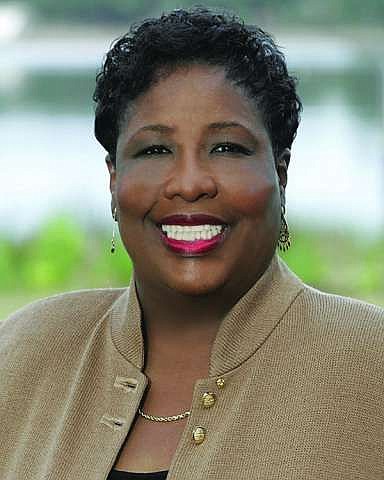
For several months, the City Council Special Ad Hoc Committee on Jacksonville’s Neighborhood Blight has studied the effects and possible strategies for abandoned homes and poorly maintained vacant property and rights of way.
The Stand Up for Neighborhoods Subcommittee has expanded the effort to include the human element.
Committee Chair Denise Lee said Wednesday that while the committee started by studying just property issues, she came to realize that much of the nuisance associated with blight is related to criminal activity that will remain even when vacant lots are mowed.
“It makes no sense to get rid of blight and then people stand on the corner and shoot people,” she said.
Lee has identified a stretch of 45th Street in northwest Jacksonville, between Cleveland and Moncrief roads, to test the possibility of changing zoning to reduce crime in the area around a business.
She has directed legislation to be drafted that would “down- zone” an Amoco service station at 5430 Avenue B from Commercial/Community General (CCG-1) to Commercial Office (CO). Enactment of the zoning change would preclude operation of a service station on the property.
Jacksonville Sheriff’s Office Assistant Chief Pat Ivey reported that in the year before Aug. 21, 42 property crimes and 35 violent crimes were reported within 500 feet of 45th Street between Cleveland and Moncrief roads.
Violent incidents included aggravated battery and robbery; property crimes included auto theft and burglary of businesses and residences.
“This is why we are trying to clean up this human blight problem,” Lee said.
Ivey said crime in the area in question is nothing new. As a young patrol officer, he said, he used to chase drug dealers in the vicinity of Avenue B and 44th Street.
Ivey also reported progress on installing surveillance cameras in areas known to be sites for illegal dumping and crime. Twenty cameras will be purchased with funds forfeited by convicted criminals and placed within 60 days.
Some of the cameras will be visible and some not. Ivey declined to provide details on locations or surveillance tactics, but said he’s confident the cameras will deter criminal activity leading to blight.
“Some successes will happen very quickly,” he said.
@DRMaxDowntown
(904) 356-2466